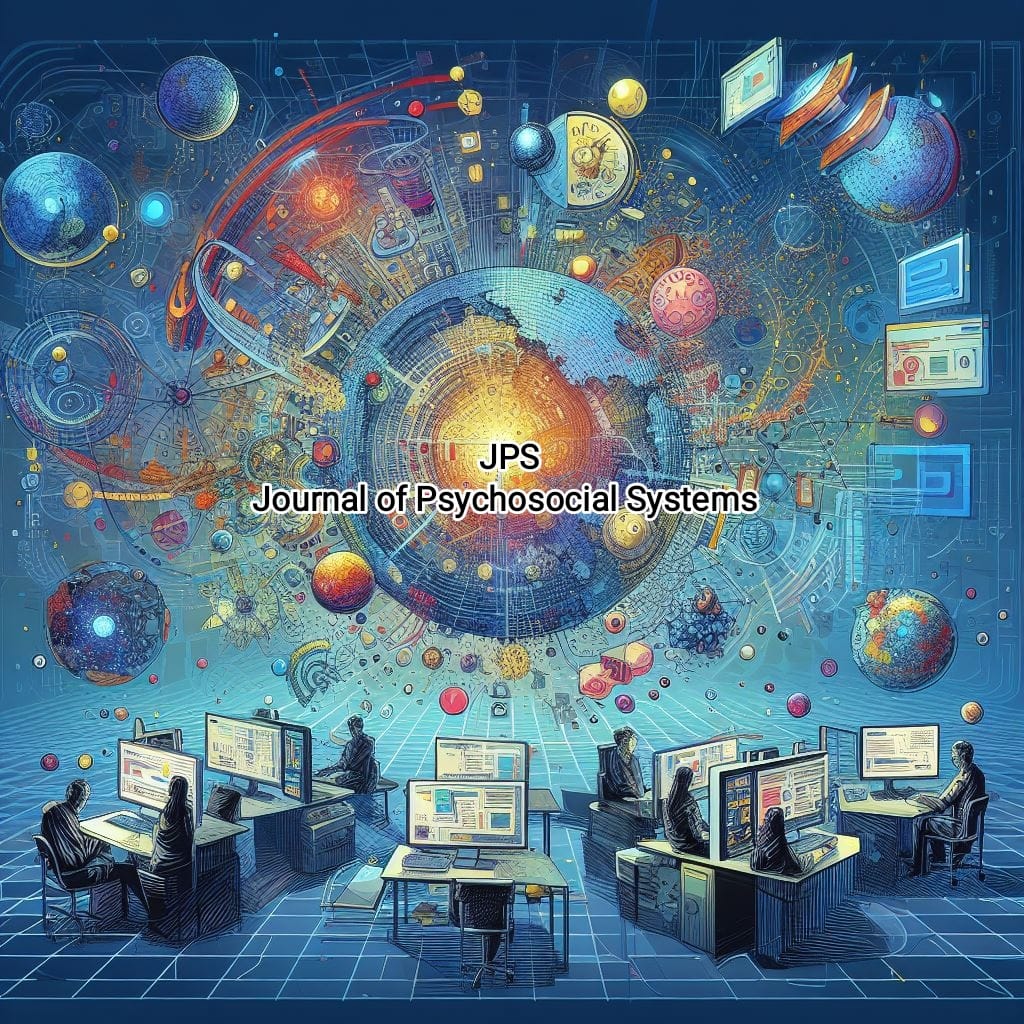Psicoter-APP-ia: presencia, fonciòn y rol de las App en la clinica psicoterapéutica
DOI:
https://doi.org/10.23823/jps.v7i2.116Abstract
Resumen
El terapeuta sistémico siempre ha estado atento a los cambios sociales que caracterizan el contexto del individuo. La rápida evolución de la innovación digital, más evidente aún desde la aparición de la Pandemia de Covid-19, ha requerido sucesivamente el estudio de una nueva variable que se entrecruza cada vez más con las historias de nuestros pacientes: la presencia y el uso de las Apps en psicoterapia. Por eso, se ha realizado una investigación cualitativa a través de un cuestionario y basada en una muestra de psicoterapeutas extraída de las redes sociales, con el objetivo de determinar cómo y cuánto aparecen las Apps a lo largo de una terapia según los terapeutas activos en la clínica.
Los resultados de esta investigación cualitativa se han comparado con los deducidos de la experiencia de los autores en diferentes situaciones clínicas, describiendo algunos casos para ilustrar cómo las Apps llegan a desempeñar un papel importante dentro del contexto terapéutico y a convertirse en un medio para adentrarse en el mundo del paciente hasta el punto de generar grandes valores comunicativos y relacionales con el terapeuta. Concretamente representan un nuevo modo de introducir en las terapias, especialmente en las individuales, la figura de otras personas significativas a través de mensajes, fotos, canciones, configurando una versión actualizada de la Presentificación del Tercero, técnica terapéutica histórica por la que estas figuras no se insertan solo mediante el relato y la fantasía, sino con documentos reales que consienten acceder, bajo petición del cliente, a sus relaciones interpersonales. Las mismas Apps se pueden emplear no sólo para evaluaciones diagnósticas y relacionales sino también para fines terapéuticos, pues son capaces de extender, independientemente del espacio y del tiempo de la sesión, la asistencia, el apoyo y el soporte prometidos al paciente, con lo que de este modo la psicoterapia entra en el mundo y el mundo entra en la psicoterapia.
Downloads
Dowloads
Pubblicato
Fascicolo
Sezione
Licenza
Copyright (c) 2023 Valentina Albertini, Marika Buciuni, Roberta Caruso, Marco Congiu, Serena Gallorini, Erica Eisenberg, gianmarco manfrida

Questo volume è pubblicato con la licenza Creative Commons Attribuzione - Non commerciale - Non opere derivate 4.0 Internazionale.
Gli autori che pubblicano su questa rivista accettano le seguenti condizioni:
- Gli autori mantengono i diritti sulla loro opera e cedono alla rivista il diritto di prima pubblicazione dell'opera, contemporaneamente licenziata sotto una Licenza Creative Commons - Attribuzione che permette ad altri di condividere l'opera indicando la paternità intellettuale e la prima pubblicazione su questa rivista.
- Gli autori possono aderire ad altri accordi di licenza non esclusiva per la distribuzione della versione dell'opera pubblicata (es. depositarla in un archivio istituzionale o pubblicarla in una monografia), a patto di indicare che la prima pubblicazione è avvenuta su questa rivista.
- Gli autori possono diffondere la loro opera online (es. in repository istituzionali o nel loro sito web) prima e durante il processo di submission, poichè può portare a scambi produttivi e aumentare le citazioni dell'opera pubblicata (Vedi The Effect of Open Access).










